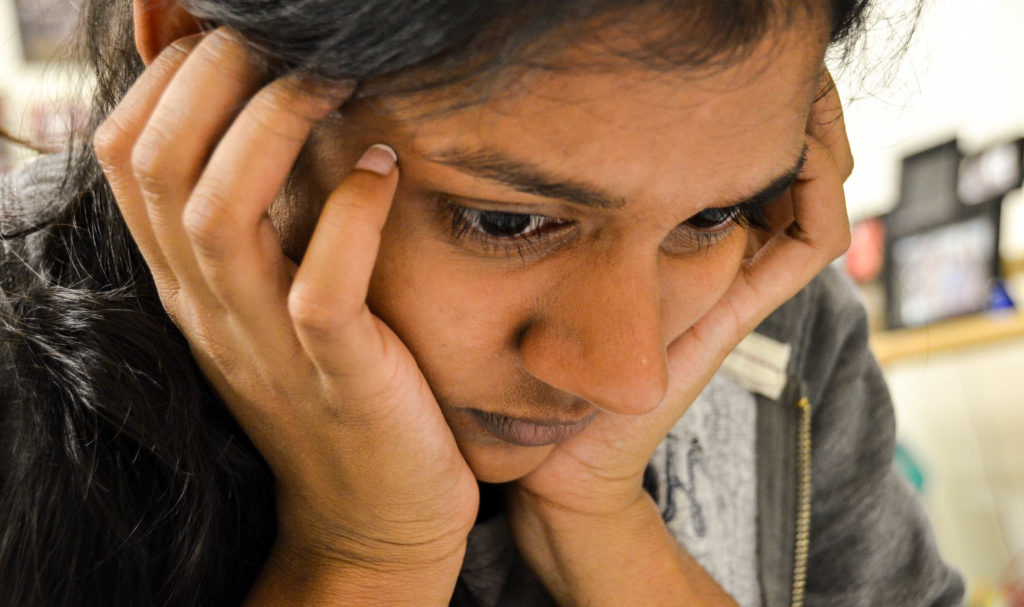After the Centers for Disease Control and Prevention (CDC) published its data brief on the health of non-Hispanic Asian adults in the United States earlier in May, people have been claiming that “Asian Americans are the healthiest Americans.” However, this is a generalization that hides real health concerns.
Though widely used, the term “Asian American” can be misleading because it groups together a wide variety of people including Chinese Americans, Asian Indian Americans, Vietnamese Americans, Japanese Americans, Korean Americans, and Filipino Americans who have different traditions, diets, religious beliefs, and languages. They should not be grouped together to create an overarching narrative because it masks the various health issues different Asian American populations face.
The differences between Asian American groups are readily shown in CDC’s health report. 8.1% of Japanese American adults report having poor or fair health while slightly double that (16.8%) of Vietnamese American adults were in fair or poor health, compared to the US adult average of 12.4%. When looking at chronic health conditions such as hypertension, diabetes, cancer, arthritis, hepatitis, and asthma, Filipino Americans (22.3%) were almost as likely as all US adults (24.1%) to have multiple chronic health conditions, while Chinese Americans (11.3%) were about half as likely. As shown, the data points between Asian American groups are highly variable, and aggregating them to make a point is a disjustice to Asian Americans.

Photo by Jocelyn Hsu
The study looks at three other areas — serious psychological distress, work limitation, and social participation limitation. While all Asian American groups reported lower percentages for serious psychological distress and work limitation and most for social participation limitation than the national average, it is important to keep in mind the stigma surrounding mental health issues in Asian American communities. Studies have shown that Asian Americans are significantly less likely to mention their mental health concerns to their family, friends, and health professionals.
In addition, the data brief is limited by the fact that only about 8% of interviews were conducted in languages other than English and Spanish when the Asian American population has been reported to most likely be limited English proficient. Family respondents rated the adult’s ability to speak English as “not well or not at all” for 16.6% of non-Hispanic Asian adults compared with 6.5% of all US adults. If the survey wasn’t administered by a trained translator in a language the adult understands, how can we be sure that the results were accurate?
We, as a society, need to stop grouping Asian Americans together when discussing health issues. We cannot claim that Asian Americans are the healthiest of all Americans when it masks the prevalence of depression among Korean Americans, Vietnamese Americans’ higher risk for Hepatitis B and liver cancer, and so many other battles against disease.
Each Asian American group faces a different set of health challenges. We all fight to stay healthy and live well, but we are not the “healthiest” of all Americans. No single group is.


